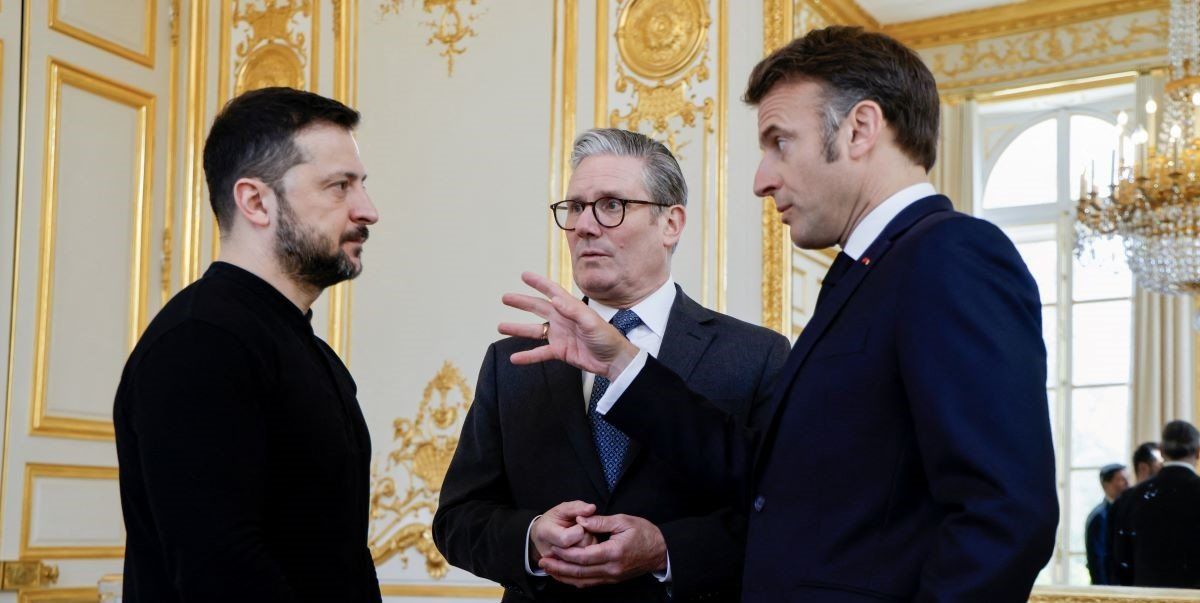With Russia’s Vladimir Putin pressing forward on one side and America’s Donald Trump potentially stepping back on the other, curious new things are happening in the European defense sector.
The EU and the United Kingdom are now working toward adefense and security pact to be unveiled at a summit of European leaders hosted by UK Prime Minister Keir Starmer on May 19.
This will be the first such summit of EU and British leaders since “Brexit”. It comes at a time when the UK and France are leading an effort to form a “coalition of the willing” to safeguard any potential Russia-Ukraine ceasefire.
The new deal would allow British arms-makers, many with longstanding ties to German and other European defense companies, to participate in joint arms procurement to bolster European security.
The pact would also create a €150bn program that allows participating governments to borrow against a common fund to invest in critical military hardware, such as air and missile defense systems.
It’s not a done deal just yet. France in particular wants concessions from Starmer’s government on the hot political topic of fisheries access. But given the stakes, the right of French fishermen to catch sand eels in UK waters seems unlikely to stymie for long the broader progress towards a UK-EU security deal.